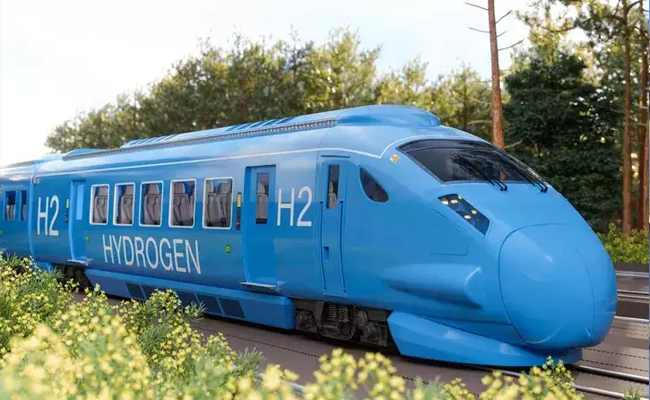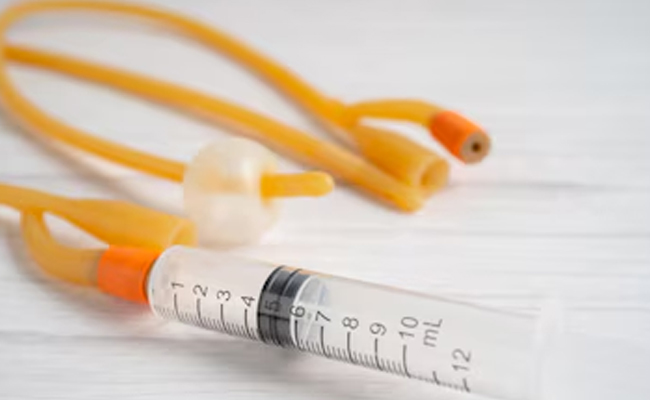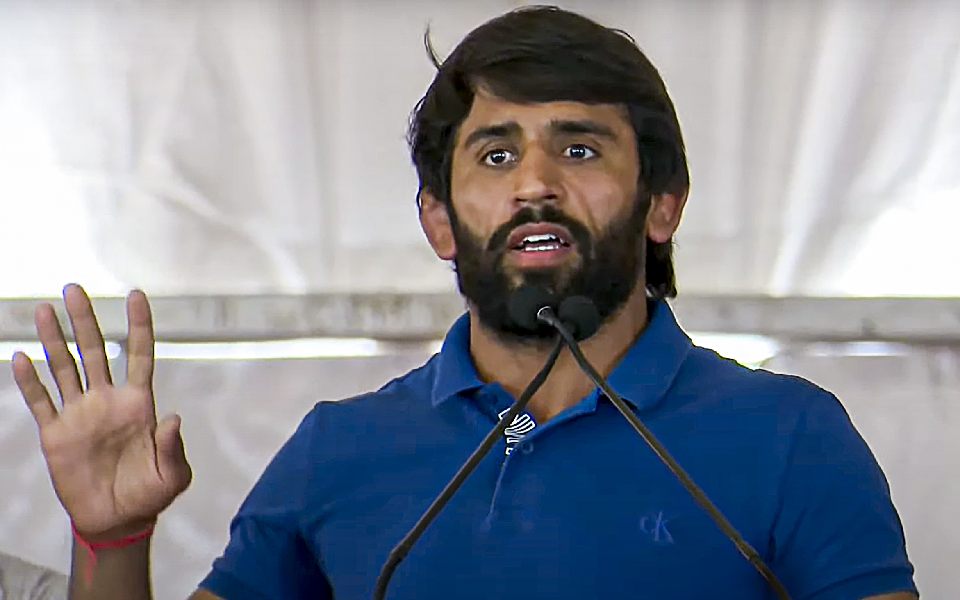New Delhi: Indian Railways is set to introduce its first hydrogen train, with trial runs scheduled to begin in December 2024. This initiative, which will involve 35 hydrogen trains and significant investments in ground infrastructure, will place India among a select group of countries, Germany, France, Sweden, and China that operate hydrogen-powered trains.
Germany’s TUV-SUD has been engaged to conduct a third-party safety audit for the country's first hydrogen train, according to officials familiar with the project. Each train under the ‘Hydrogen for Heritage’ initiative is estimated to cost Rs 80 crores, with an additional Rs 70 crores investment for ground infrastructure on various heritage or hilly routes.
In addition to passenger trains, the Indian Railways is also developing five Hydrogen Fuel Cell-Based Tower Cars for maintenance purposes, each costing around Rs 10 crore.
A pilot project is already underway to retrofit a Hydrogen Fuel Cell on an existing Diesel Electric Multiple Unit (DEMU) rake. The train, integrated at the Integral Coach Factory in Chennai, will operate on the Jind-Sonipat section of the Northern Railway. The hydrogen for this train will be sourced from a 1-megawatt (MW) Polymer Electrolyte Membrane (PEM) electrolyser in Jind, Haryana.
GreenH Electrolysis, the firm managing the hydrogen supply, stated that the electrolyser will produce approximately 430 kg of hydrogen per day. The refuelling infrastructure at Jind will include a 3,000 kg hydrogen storage facility, a hydrogen compressor, and two dispensers, enabling efficient refuelling of the trains.
Let the Truth be known. If you read VB and like VB, please be a VB Supporter and Help us deliver the Truth to one and all.
Kolkata (PTI): The West Bengal health department has launched a probe into the supplies of allegedly low-quality and locally made catheters at a high price to several government hospitals, posing a risk to the lives of patients undergoing treatment in these facilities, officials said.
Such central venous catheters (CVCs) were allegedly supplied to at least five medical colleges and hospitals in the state, defying allocation of international standard-compliant CVCs, they said.
The distribution company, which has been accused of supplying these catheters to government hospitals, admitted to the fault but placed the blame on its employees.
"We started checking stocks some time back and found these locally made CVCs in my hospital store. These catheters are of low quality as compared to those allocated by the state. We have informed the state health department," a senior official of the Calcutta Medical College and Hospital told PTI.
Low-quality catheters were also found in the stores of other hospitals, which indicates "possible involvement of insiders in the scam", a health department official said.
The low-quality CVCs were supplied by a distributor in the Hatibagan area in the northern part of Kolkata for the last three to four months, he said.
"Such kinds of local CVCs are priced around Rs 1,500 but the distributor took Rs 4,177 for each device," the official said.
A CVC is a thin and flexible tube that is inserted into a vein to allow for the administration of fluids, blood, and other treatment. It's also clinically called a central line catheter.
"An initial probe revealed that the distribution company Prakash Surgical had supplied the low-quality and locally manufactured catheters to several government hospitals instead of the CVCs of the government-designated international company.
"All the units will be tested and a proper investigation is on to find out who benefited from these supplies," the health department official said.
The distribution company blamed its employees for the supply of inferior quality catheters.
"I was sick for a few months. Some employees of the organisation made this mistake. We are taking back all those units that have gone to the hospitals. It's all about misunderstanding," an official of the distribution company told PTI.
According to another state health department official, a complaint was lodged with the police in this connection.
Asked about how many patients were affected by the usage of such low-quality CVCs, the official said, "The probe would also try to find that out".
According to sources in the health department, some of the staff of the hospitals' equipment receiving departments and some local officials of international organisations might be involved in the alleged irregularities.




